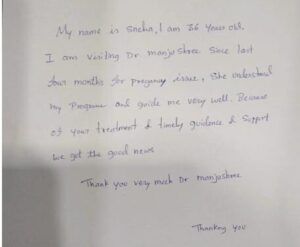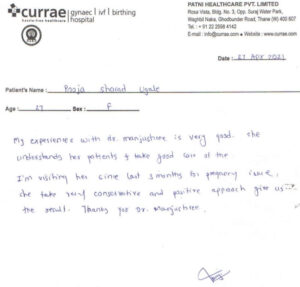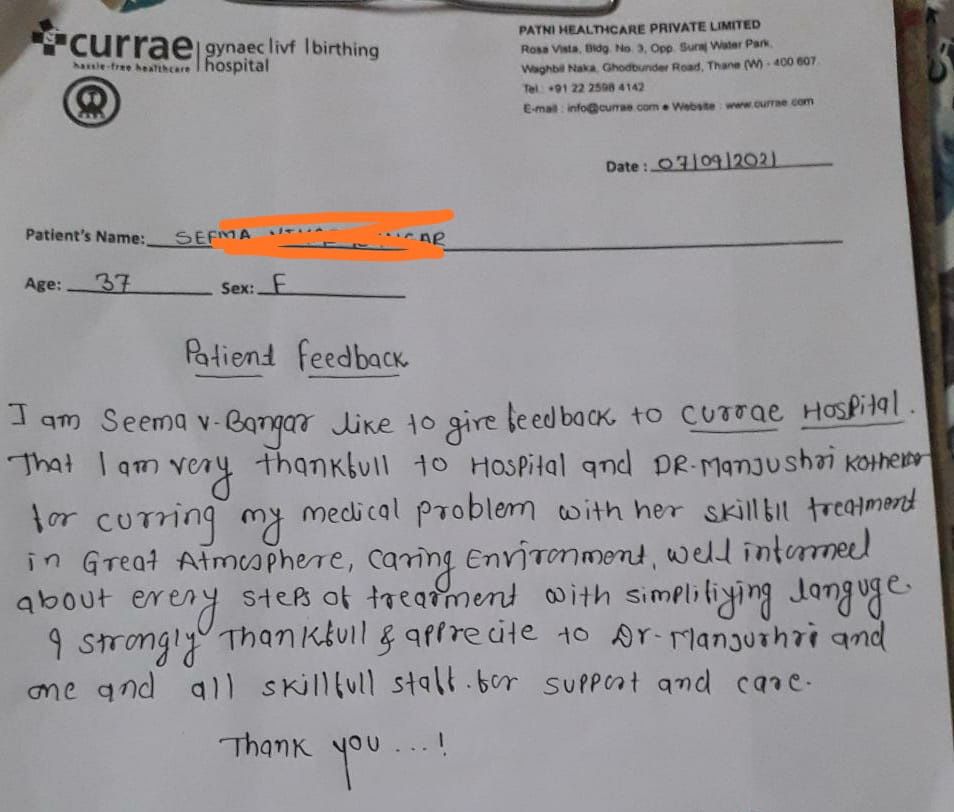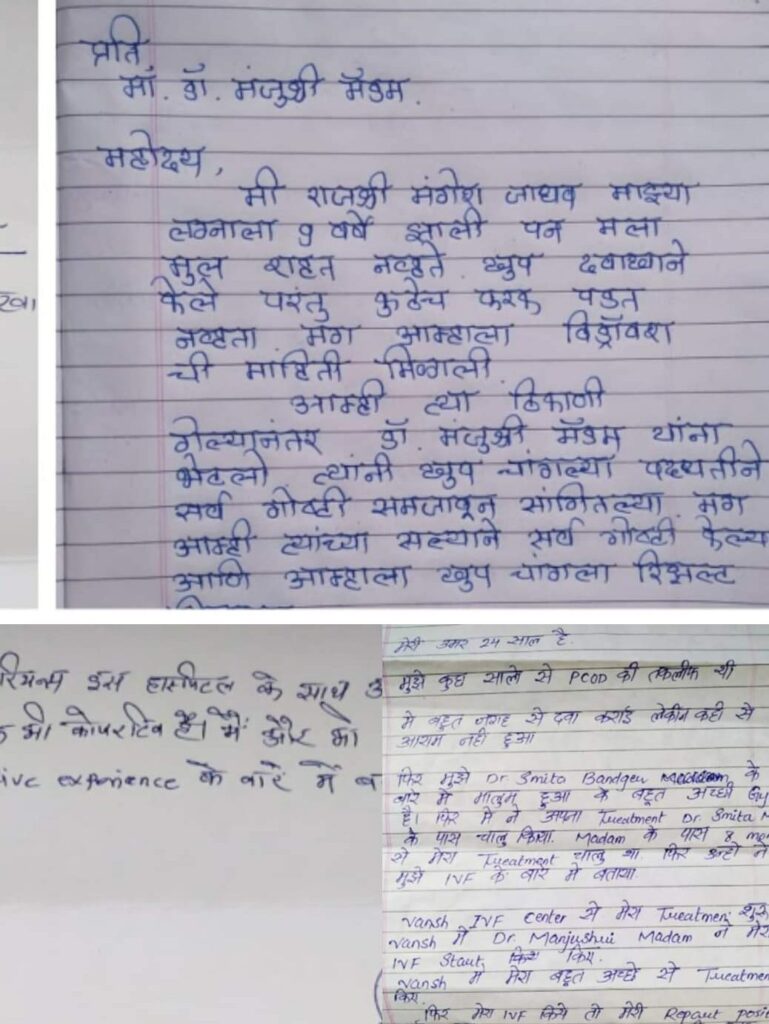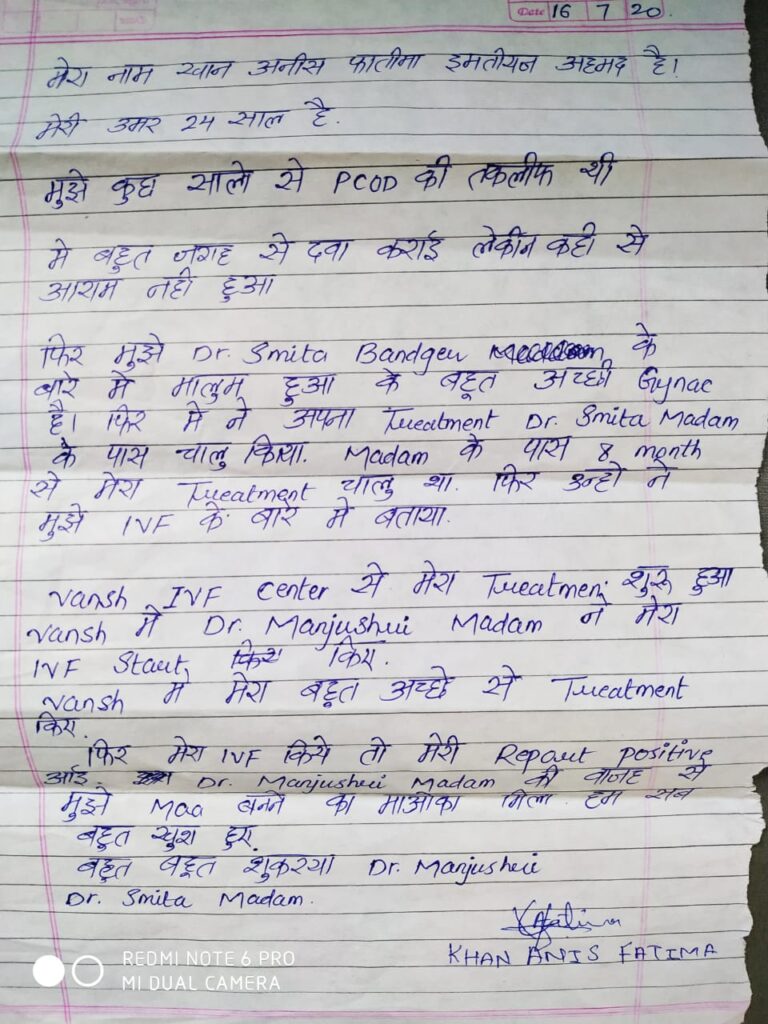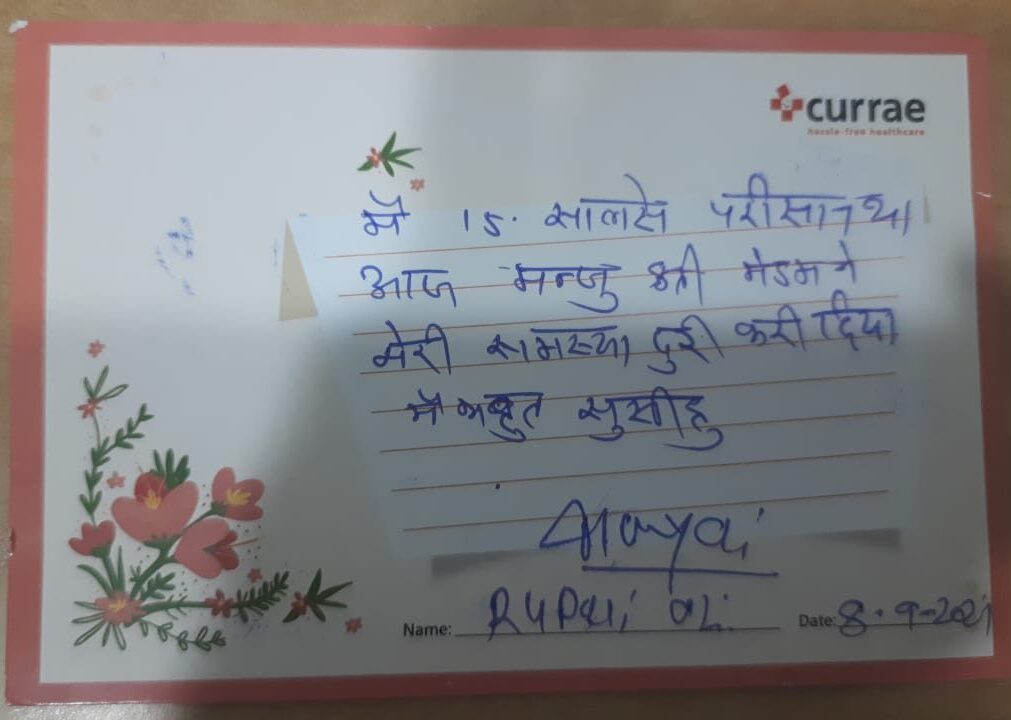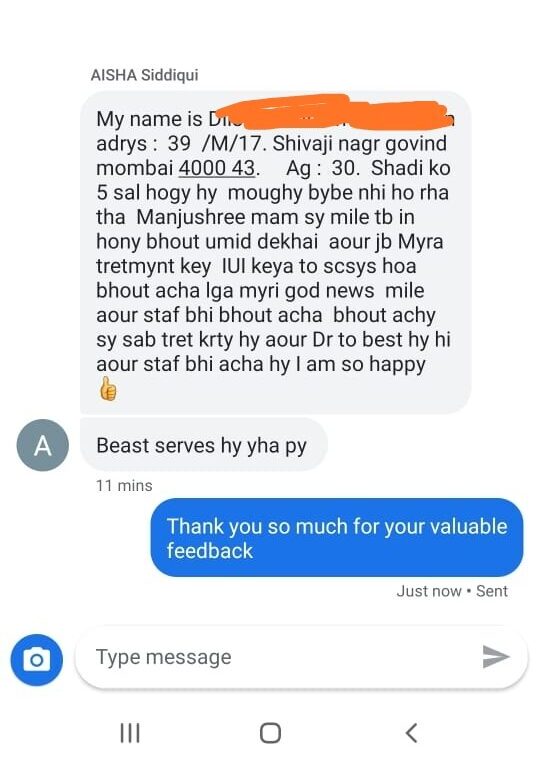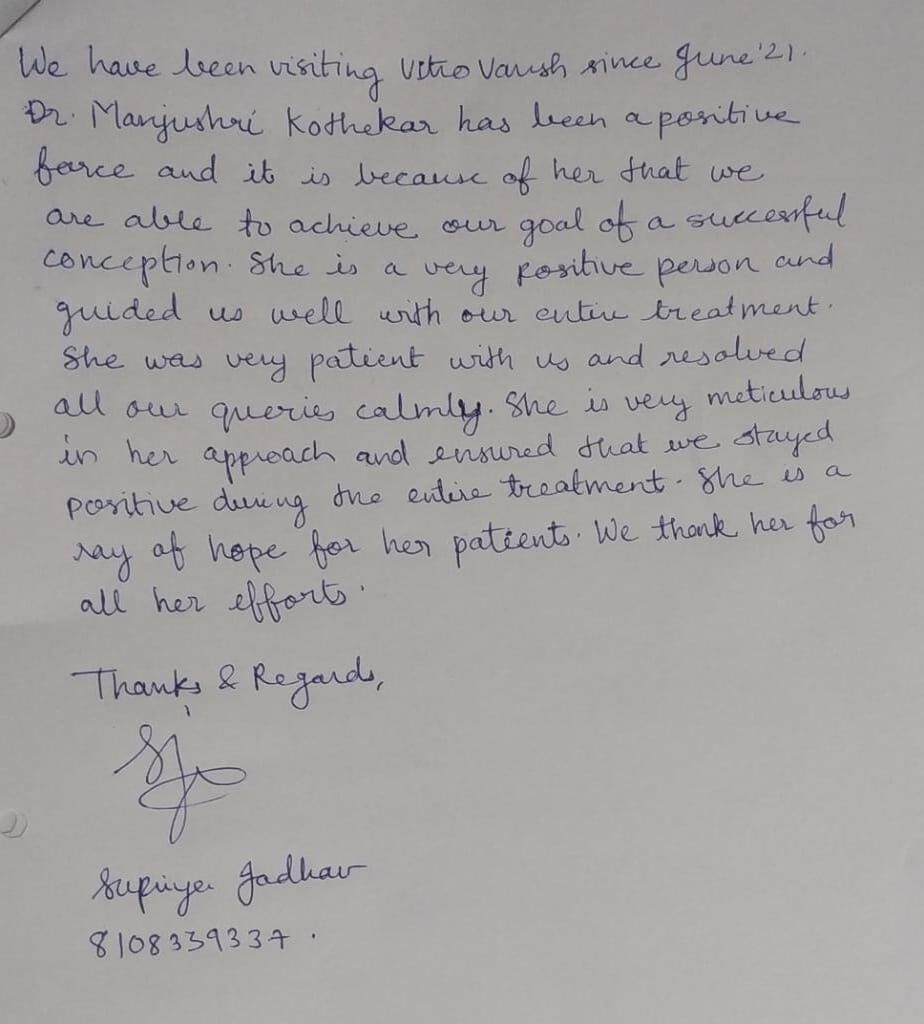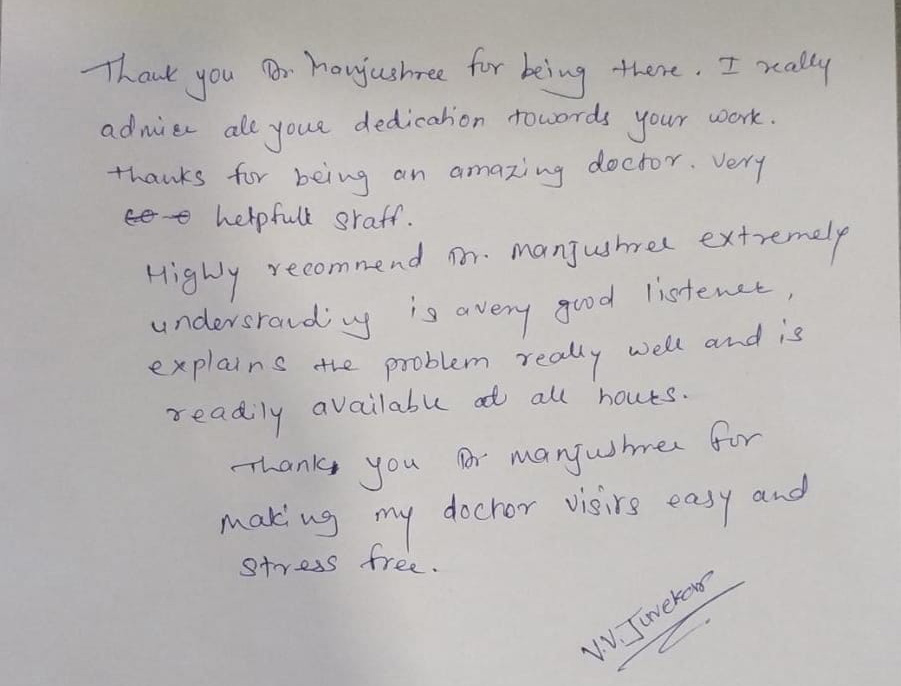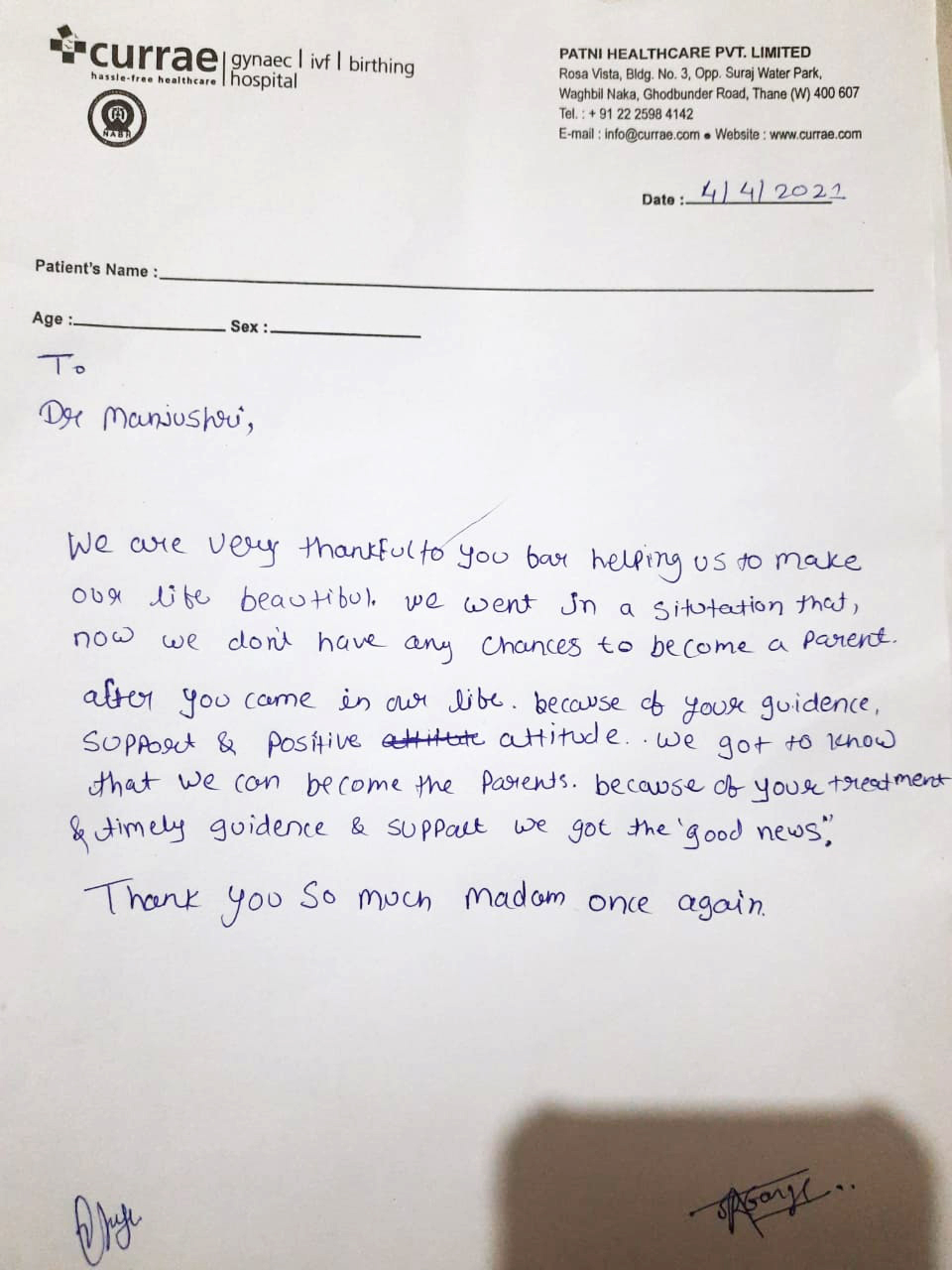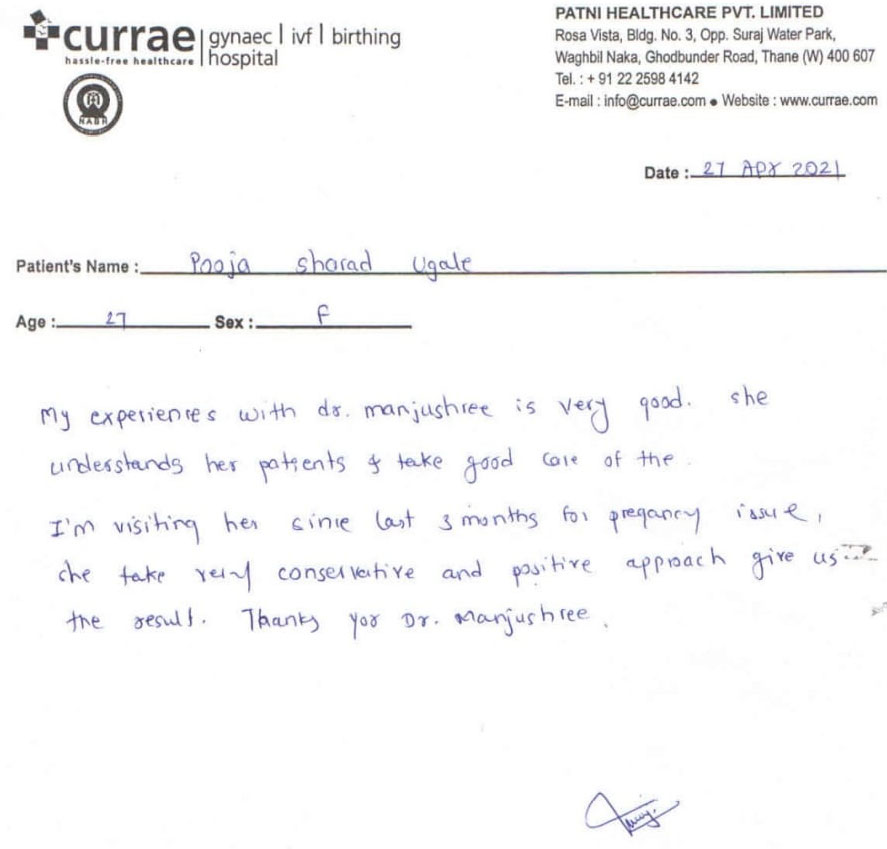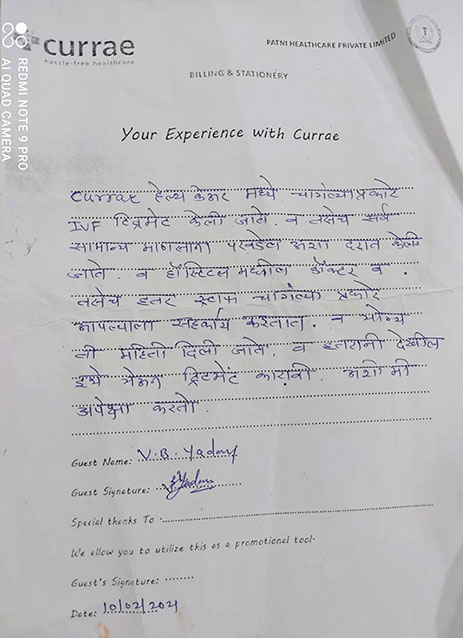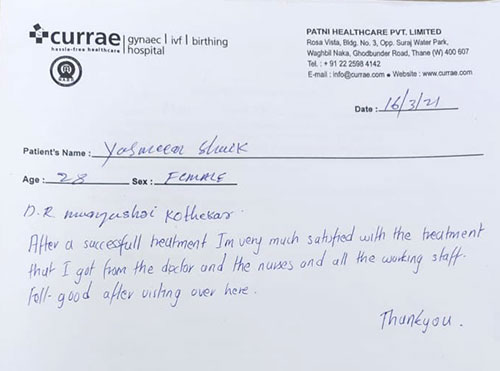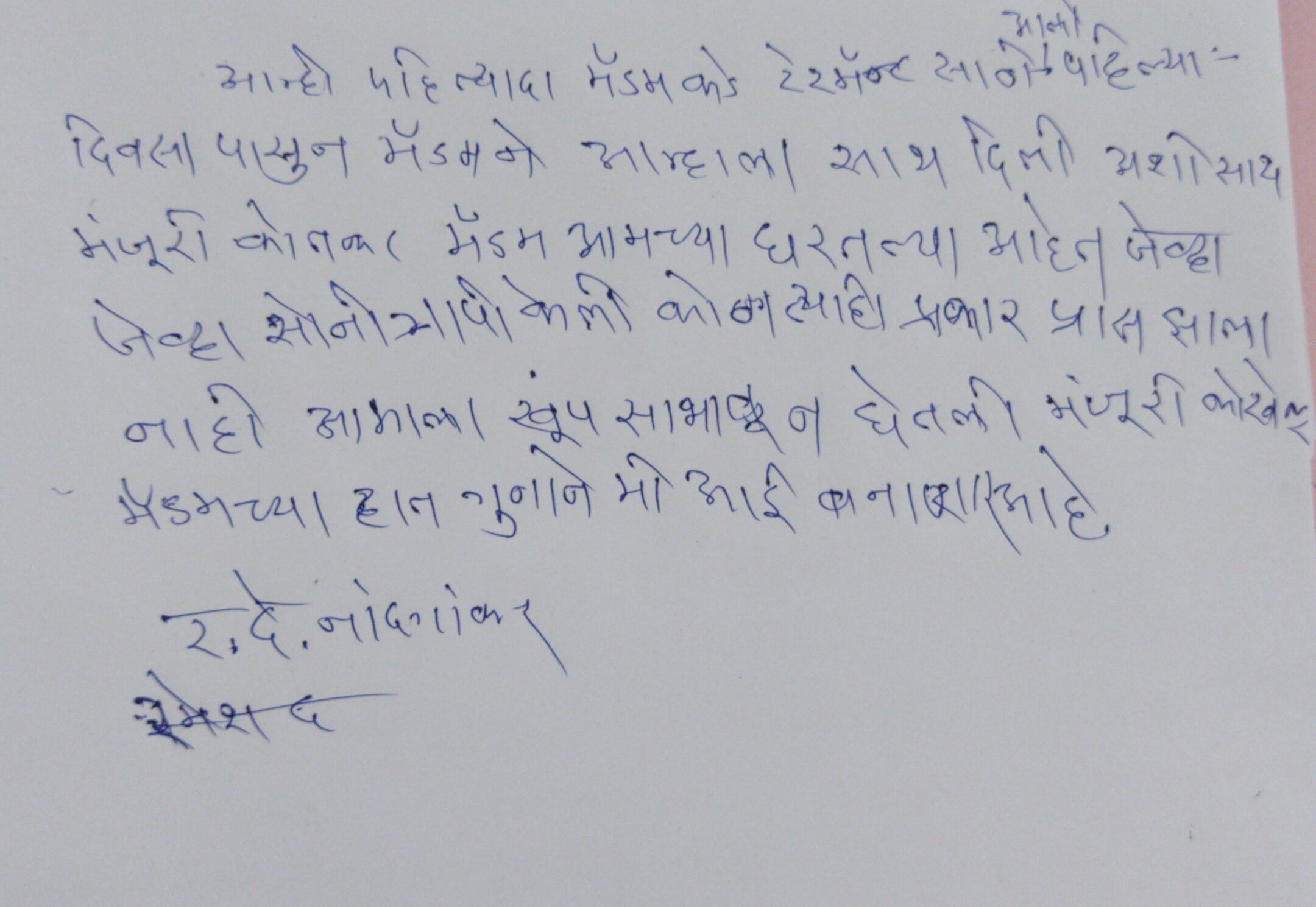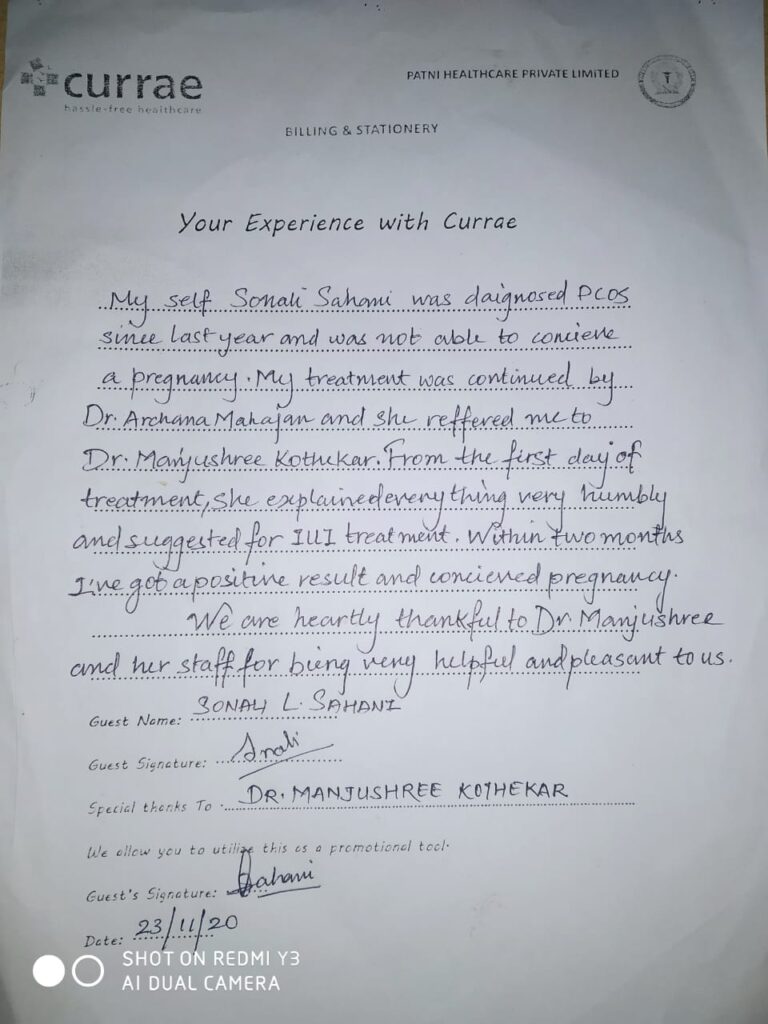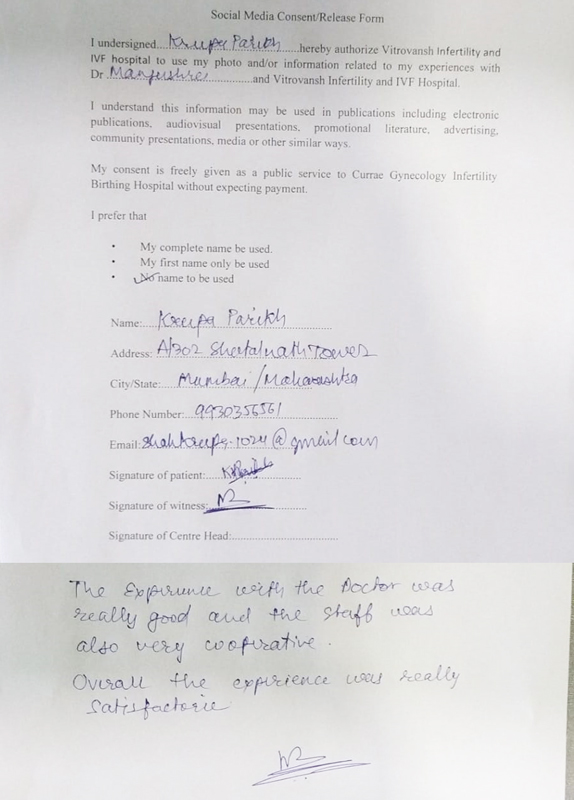Embryo Donation in Mumbai
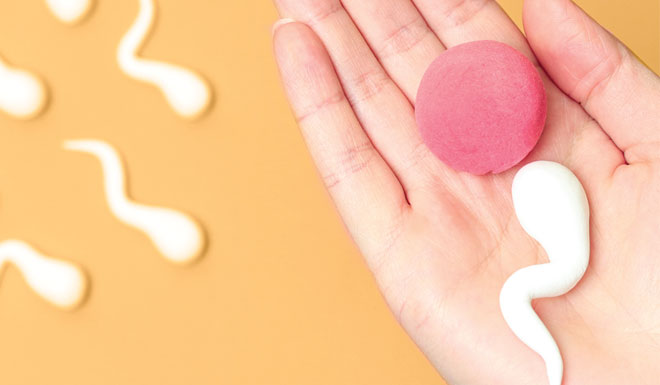
Embryo donation or embryo adoption, is a significant option for couples facing challenges with fertility. Dr. Manjushri Kothekar, a renowned fertility specialist in Mumbai, offers expert guidance and support in this area. Let’s delve into the world of embryo donation in Mumbai and understand how it can be a beacon of hope for those struggling to conceive.
Understanding Embryo Donation/Adoption in Mumbai
Embryo donation is recommended for couples dealing with issues such as low egg reserve, premature ovarian failure, or multiple failed attempts at conceiving through traditional methods. This process involves utilizing embryos from egg donors to help recipients achieve pregnancy.
The Role of Egg Donors in Mumbai
Egg donors in Mumbai are carefully selected young women, typically between 23 to 30 years old, who have their children. These donors undergo rigorous screening processes to ensure they have a healthy egg reserve and are fit to donate. Dr. Manjushri Kothekar ensures a thorough evaluation of donors, including background checks, medical history assessments, and genetic screenings to safeguard the health of the future child.
The IVF Process in Embryo Donation
Once a suitable egg donor is identified, the process involves stimulating the donor’s ovaries with hormonal injections to produce eggs. Simultaneously, the recipient undergoes endometrial preparation to create a conducive environment for embryo implantation.
The retrieved eggs are fertilized with the recipient’s partner’s sperm using ICSI (Intracytoplasmic Sperm Injection) technique.
The resulting embryos are cultured in the lab, with the best ones selected for transfer into the recipient’s uterus. Any surplus embryos can be frozen for future use.
Who Benefits from Egg Donation?
Egg donation is recommended for women with low ovarian reserve, failed IVF attempts, premature ovarian failure, genetic disorders, or other fertility challenges. It offers a ray of hope for those who have exhausted conventional fertility treatments and are seeking alternative options to build their families.
The Success of Embryo Donation
Embryo donation has shown promising success rates, offering renewed hope to couples struggling with infertility. Regular monitoring and support from experts like Dr. Manjushri Kothekar ensure a smooth and effective process, increasing the chances of a successful pregnancy.
Embryo donation in Mumbai, under the guidance of experts like Dr. Manjushri Kothekar, opens doors to parenthood for couples facing fertility challenges. With a comprehensive approach to donor selection, advanced IVF techniques, and personalized care, this option provides a beacon of hope and a pathway to fulfilling the dream of having a child.
If you are considering embryo donation, consult with Dr. Manjushri Kothekar at Chembur Fertility Clinic or call 97693 87593 to explore this transformative journey toward parenthood.
